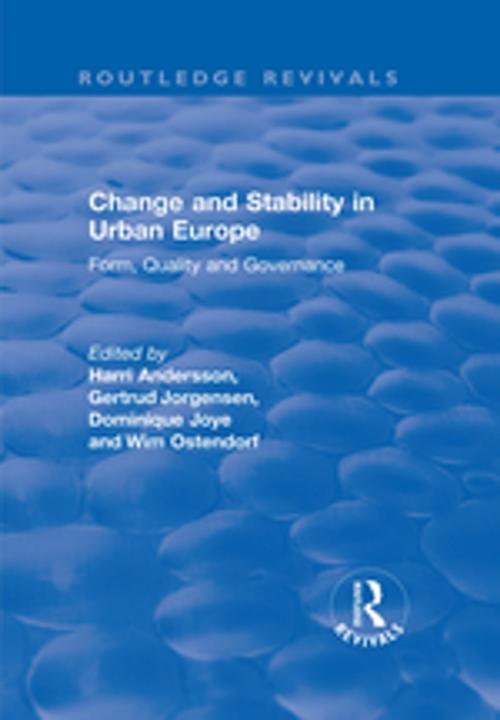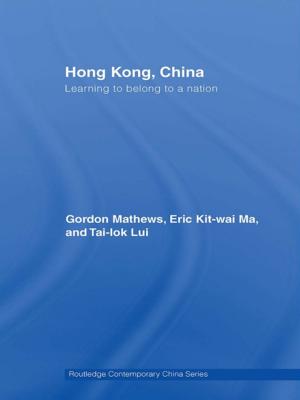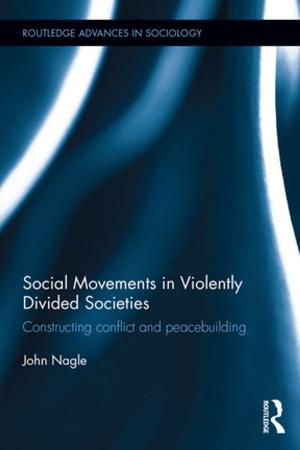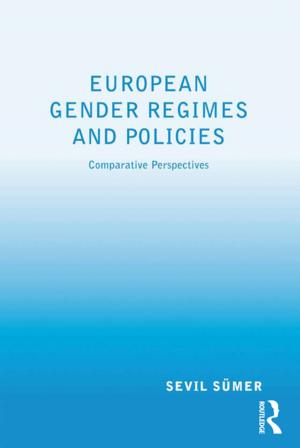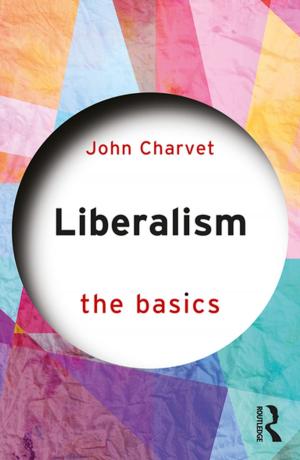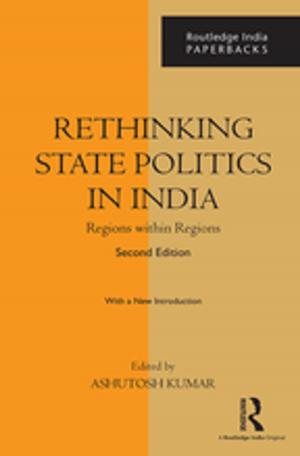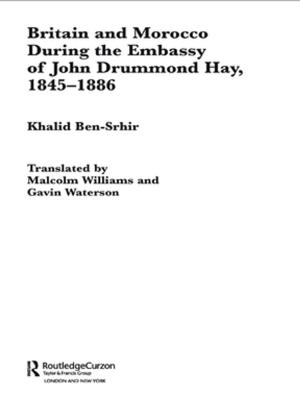Change and Stability in Urban Europe
Form, Quality and Governance
Nonfiction, Science & Nature, Science, Earth Sciences, Geography| Author: | Wim Ostendorf, Gertrud Jorgensen | ISBN: | 9781351782401 |
| Publisher: | Taylor and Francis | Publication: | September 29, 2017 |
| Imprint: | Routledge | Language: | English |
| Author: | Wim Ostendorf, Gertrud Jorgensen |
| ISBN: | 9781351782401 |
| Publisher: | Taylor and Francis |
| Publication: | September 29, 2017 |
| Imprint: | Routledge |
| Language: | English |
This title was first published in 2001. Significant transformations in the spatial organization of European cities have taken place over the past two decades. Social fragmentation, increasingly complex systems of governance, the transformation of relations to public space and the shift of work from the industrial to the communications sectors, have placed increasing importance on a city’s position in terms of the global network. This book brings together an interdisciplinary team of European experts to discuss how these transformations have forced a radical reconsideration of the traditional definitions of the city. Comparing a wide range of European cities, the book highlights the diversity of urban forms and tackles the questions regarding the quality of life in new urban spaces. The result is a comprehensive and incisive examination of the capacity of urban policies to evoke real changes in the city and to regenerate the systems of urban governance.
This title was first published in 2001. Significant transformations in the spatial organization of European cities have taken place over the past two decades. Social fragmentation, increasingly complex systems of governance, the transformation of relations to public space and the shift of work from the industrial to the communications sectors, have placed increasing importance on a city’s position in terms of the global network. This book brings together an interdisciplinary team of European experts to discuss how these transformations have forced a radical reconsideration of the traditional definitions of the city. Comparing a wide range of European cities, the book highlights the diversity of urban forms and tackles the questions regarding the quality of life in new urban spaces. The result is a comprehensive and incisive examination of the capacity of urban policies to evoke real changes in the city and to regenerate the systems of urban governance.
